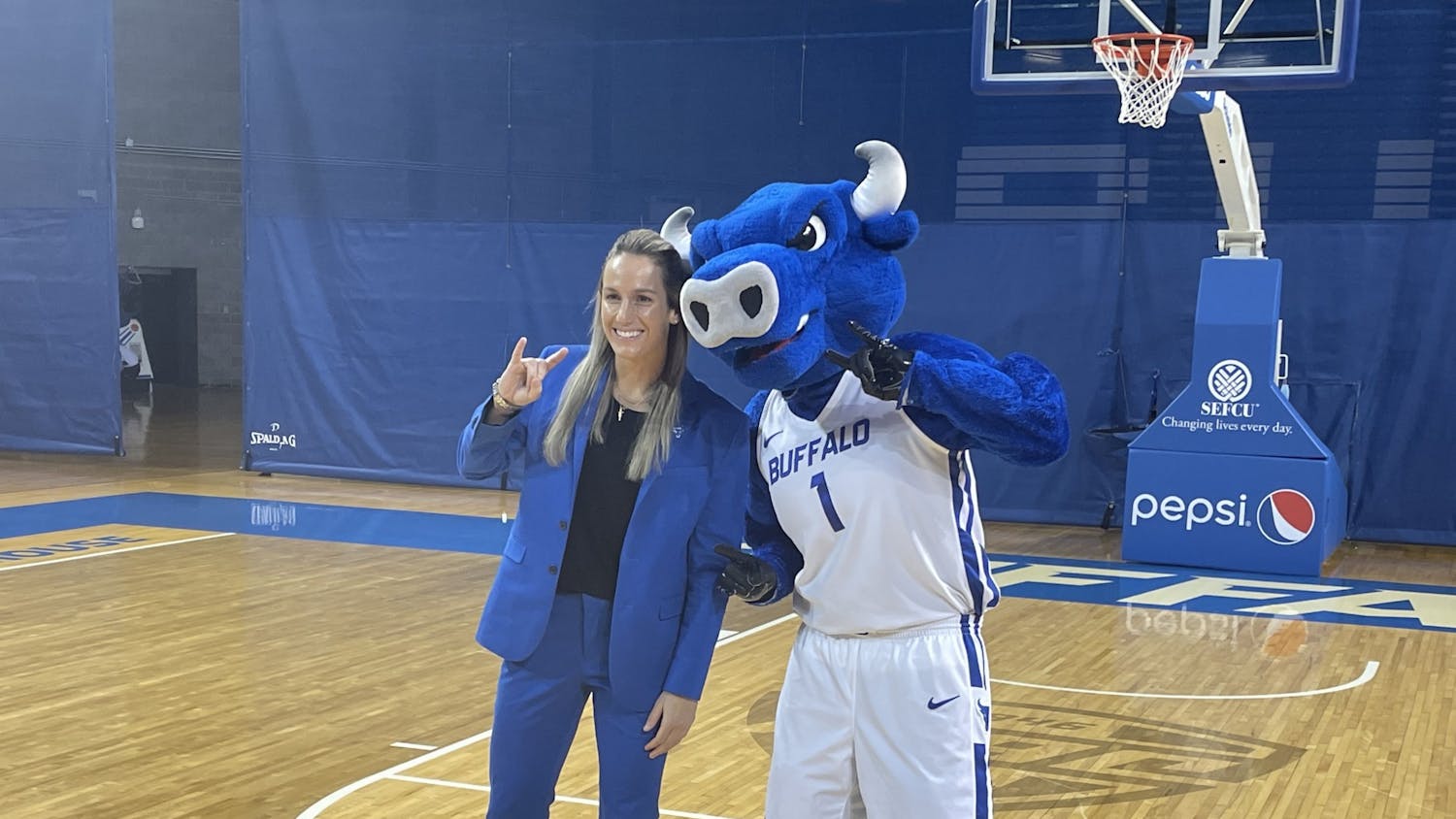For 10 years, corners of the internet have eagerly anticipated the final rekindling of Selena Gomez and Justin Bieber’s disrupted story of true love.
And for the past eight years, most of the internet has narrowed in on who they see as the main disruptor of this epic: Hailey Bieber, Justin Bieber’s current wife.
But there’s a more ubiquitous, far more sinister villain: us.
With countless social media posts and tabloid articles, we and the press have all disrupted our own lives — and the Biebers’ for no productive reason.
We all know how Hollywood operates as an industry. It glorifies talented creators (or their relatives) and uses parasocial relationships to share that glory with the masses.
Parasocial relationships aren’t just tools of manipulation. They can be mutually beneficial, as celebrities and fans inspire each other to do great things.
But they’re not always sunshine and rainbows. This feud, the product of a critical mass of parasocial relationships, has exacerbated fans’ uninformed prejudices and repressed bitterness. The online pop-culture sphere has become toxic — and our emboldened behavior online has slowly bled into our behavior offline.
At the naive age of 13, I was once with Team Selena. I admired her performances as a pop artist and as Alex Russo on “Wizards of Waverly Place.”
Meanwhile, Hailey was just another product of Hollywood nepotism. Her blatant privileges made it harder for me to relate to her.
Justin and Selena’s real-life breakup played out like an overly simplistic narrative in my head. Selena was the innocent good girl, Hailey was the evil new girlfriend, and Justin was getting it all wrong. But as the chances of “Jelena” rising from the dead continued to decline — so too did my interest in their relationship.
I aged out of early adolescence and moved on to other pursuits, just like the celebrity trio that had once consumed my thoughts. You could say my judgment was clouded by the strong hormonal stages of puberty and the online disinhibition effect — the tendency for people to say things online that they would not be comfortable saying in person. The absence of face-to-face interaction and the anonymity the online mob provided me made it easy to say anything and everything.
But it’s also clear that we have grown too comfortable with repeating our online statements in real life. The fact that fans chanted “F—k Hailey Bieber” during one of Bieber’s performances at Rolling Loud this year is absurd.
How this “feud” has persisted for eight years is beyond me.
As much as I admire the power that the masses have to disrupt the lives and privileges of the elite, that power is unproductive here.
Rather than succumbing to the allure of petty behavior, why don’t we take this opportunity to disrupt our urge to project, and instead, withdraw from the herd.
Tenzin Wodhean is the fact checker and can be reached at tenzin.wodhean@ubspectrum.com





